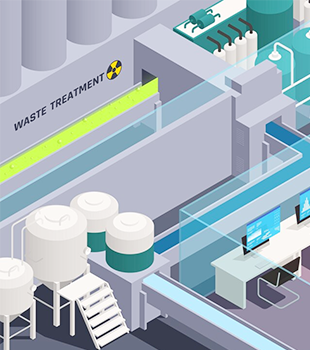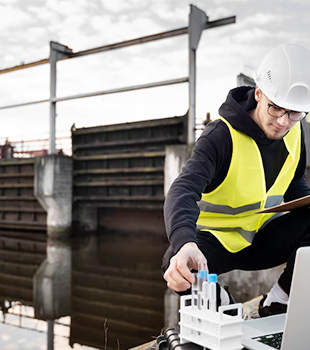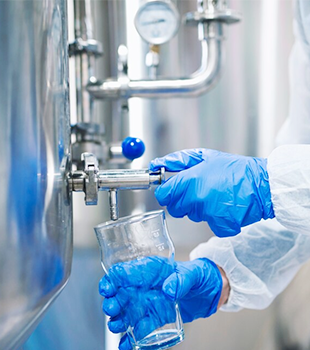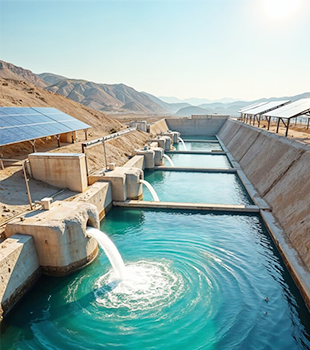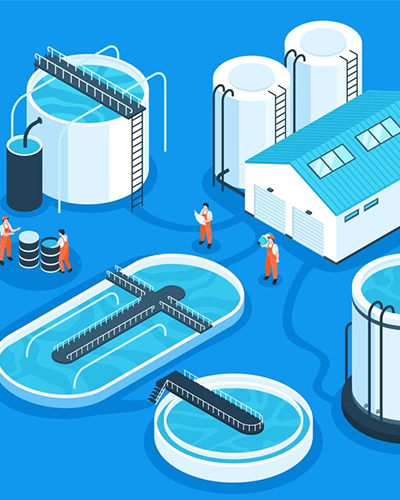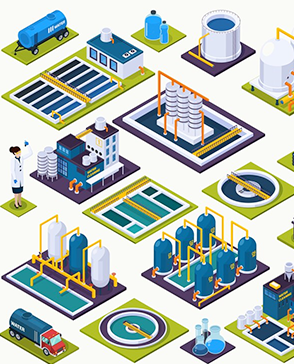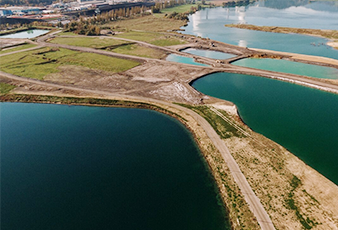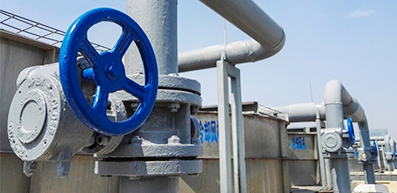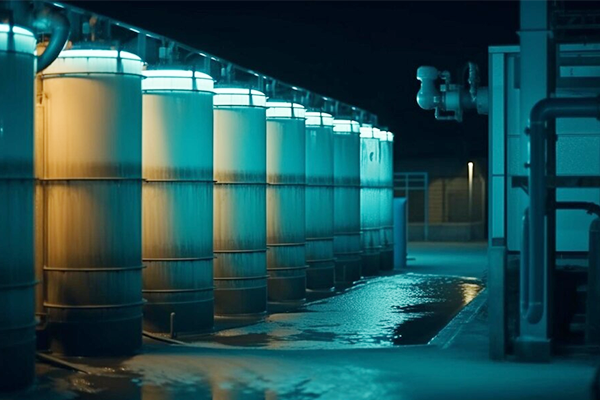
Principles of Wastewater Management
At our company, we specialize in providing sustainable waste management solutions that convert waste into valuable energy, biofuels, and other resources.
Key Operations in Wastewater Management
We design, engineer, and manufacture advanced equipment for waste-to-energy plants, wastewater treatment systems, and biofuel production, ensuring efficiency, compliance, and sustainability in every step.
Pre
Treatment
Primary Treatment
Secondary Treatment
Tertiary Treatment
Sludge Management
Water Reuse & Recycling
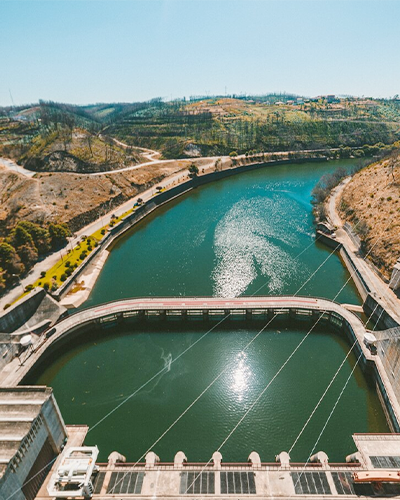
A. Municipal Wastewater Treatment
B. Industrial Wastewater Treatment
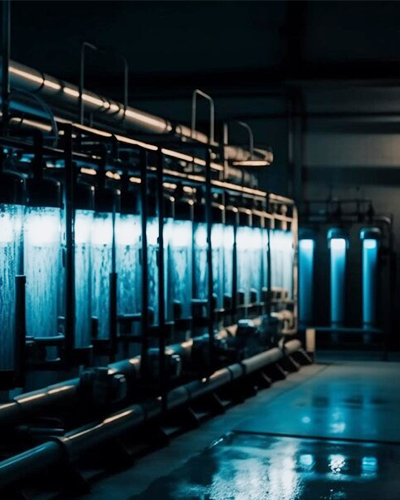
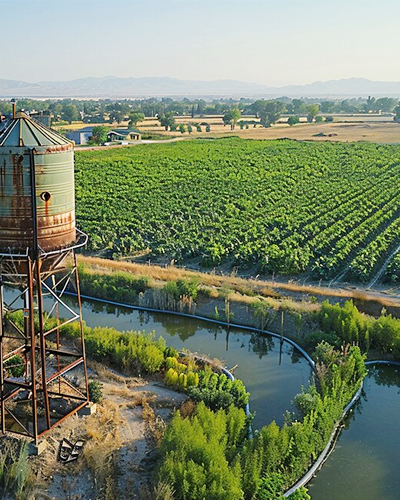
C. Agricultural Wastewater Treatment
Greenfield & Brownfield Project Execution for Wastewater Management
From greenfield to brownfield projects, we help our clients implement technologies that turn waste into clean energy, reduce environmental impact, and promote circular economies. Our focus on technological innovation and eco-friendly solutions makes us a leading choice for waste management to energy projects.

